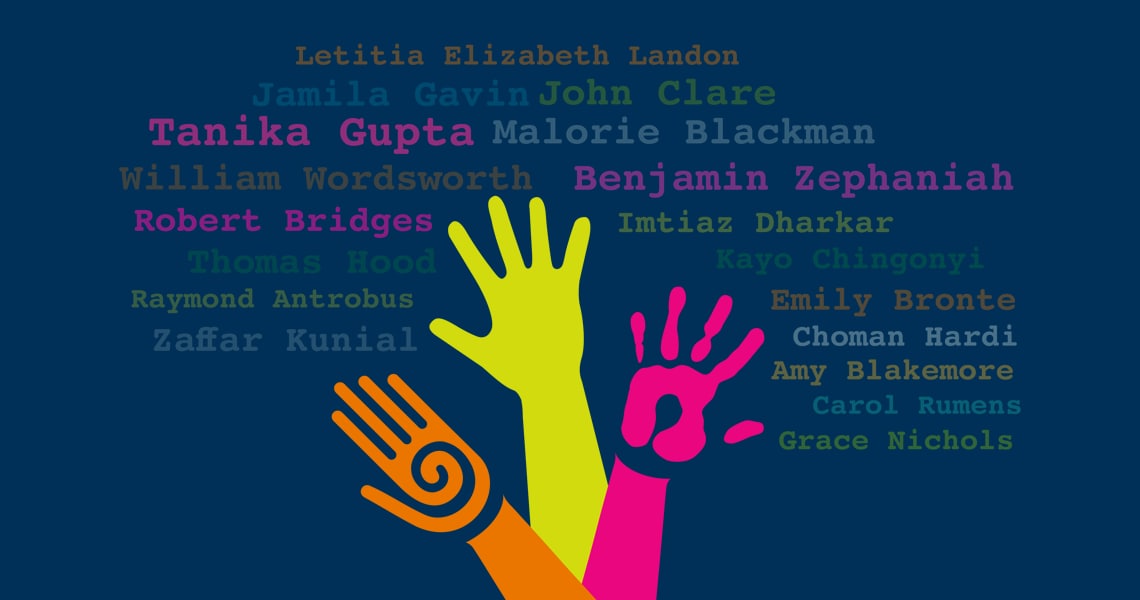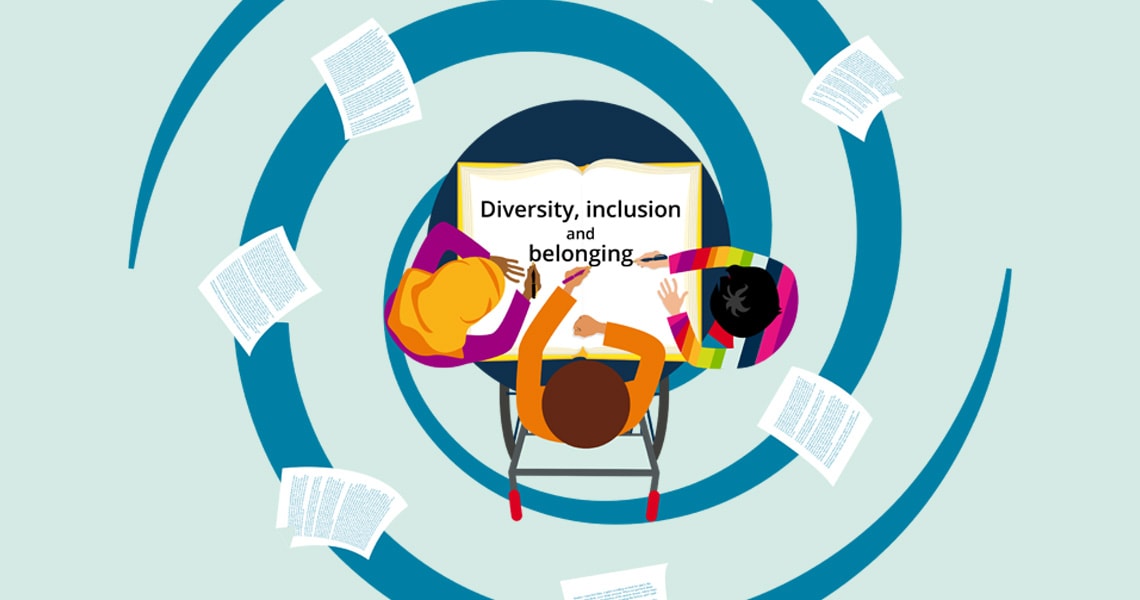
Teaching diversity in English
David Lowbridge-Ellis, leader of school improvement for Matrix Academy Trust, looks at how diversity and inclusion can form a key part of our English Literature lessons using the existing classroom resources.
David Lowbridge-Ellis, leader of school improvement for Matrix Academy Trust, looks at how diversity and inclusion can form a key part of our English Literature lessons using the existing classroom resources.
Amy Liptrott, Associate Director at Pitlochry Festival Theatre in Scotland explores the importance of diversity – not just on the stage but front and back of house too!
In Pearson’s recent Plotting Ahead series, Deputy Headteacher, author and coach, Bennie Kara discussed the term “usualising”, a concept that was coined by the prominent LGBT+ activist Dr Sue Sanders – founder of Schools OUT and LGBT+ History Month – as a replacement for the word “normalising.” After all, to normalise something implies that any alternatives to this are somehow abnormal – sustaining a sense of irreconcilable difference, otherness and exclusivity.
In this blog, we take a look at how diversity can be usualised in the teaching of English specifically, to help create inclusive learning environments that feel relatable to all learners. These tips have been brought together from expert speakers in Pearson’s Plotting Ahead series, which was first broadcast in December 2021. Watch the events and discover more on our YouTube channel.
Matt Parker is a renowned stand-up comedian and maths author, with a popular YouTube channel attracting almost one million subscribers. Originally a maths teacher from Australia, Matt now lives and works in the UK. His new book, Humble Pi, is a Number 1 Bestseller.
Following Matt’s recent appearance on Pearson’s The Right Angle Podcast, Subject Lead and Podcast Host Nicola Woodford-Smith, reflects on their discussion and shares learnings on ways that teachers can foster a passion for maths among learners – not least by encouraging acceptance of mistakes and failures.
We know that the Welsh curriculum is changing in the new academic year in 2022 for all Primary schools, with Secondary schools to follow in 2023. When it comes to Mathematics and Numeracy in the new curriculum, there are five new Mathematical proficiencies for Welsh Primary schools:
In this blog we are going to look at how Abacus can be used to support the teaching of two of these proficiencies: fluency, and logical reasoning. There is no doubting that these two Mathematical areas are already being developed in Wales in the current curriculum, but the below is a reminder of the fantastic Abacus resources we have on offer to support these two skills.
By now you may have carried out the Spring 1 assessments in the Progress Tests, and the Spring 2 tests may not be far away. This blog summarises the averages from all schools, using the Spring term data in the online Markbook, in case it’s useful to compare. Don’t forget that you can enter scores into the Markbook to track and analyse results against age-related expectations. (Just click the Markbook tile when you log into Power Maths. There’s a walkthrough video here.)
By Michele Cartoni, Sathursana Vijendiran, Annabelle Brown and Elenna Benton
In the last four years, Drake School, in the small but ever-growing town of Thetford, Norfolk, has made the transition from an infant school to a two-form-entry primary, under a new Headteacher with a passionate vision for the school.
By Kate Wilson, Senior Director of Humanities at Outwood Grange Academies Trust.
The Special Educational Needs Assessments Standards Committee (SASC) in 2019 defined Dyscalculia as: “A specific and persistent difficulty in understanding numbers which can lead to a diverse range of difficulties with mathematics. It will be unexpected in relation to age, level of education and experience and occurs across all ages and abilities.”

